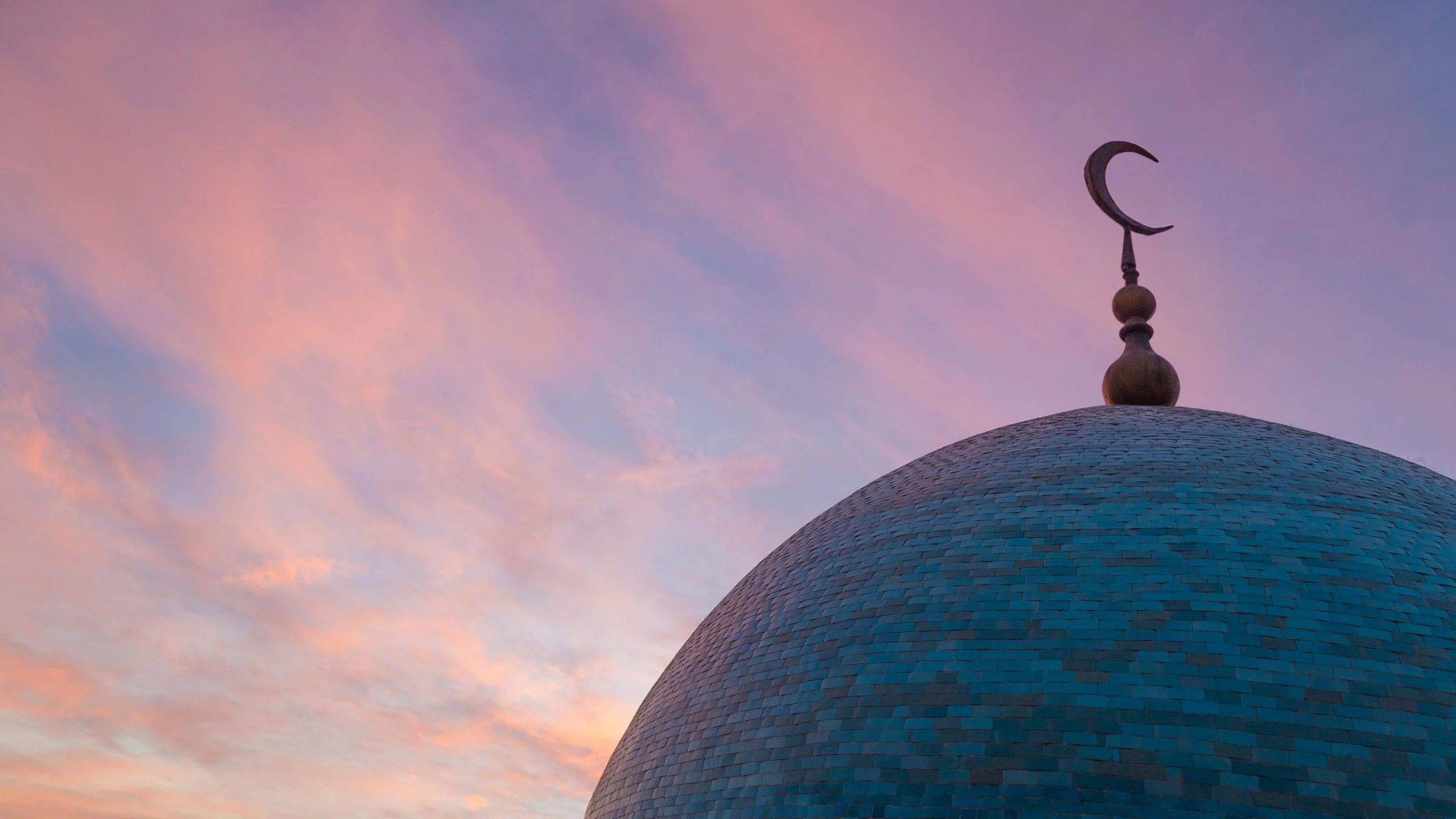Introduction: A Faith That Restores Hope
Society often responds with punishment and stigma when people commit mistakes, sins, or crimes. Yet Islam offers something deeper: rehabilitation and renewal. It acknowledges human weakness but emphasizes forgiveness, repentance, and the chance to rebuild.
In this compassionate framework, individuals are encouraged to reflect on their actions and seek a transformative path forward, fostering a sense of community and support. Islam guides believers toward personal growth and restoring dignity by promoting understanding over condemnation.
Allah says:
“Say, O My servants who have transgressed against themselves [by sinning], do not despair of the mercy of Allah. Indeed, Allah forgives all sins. Indeed, it is He who is the Forgiving, the Merciful.” (Qur’an 39:53)
This verse powerfully reminds us that no matter how broken someone feels, faith opens doors to healing and new beginnings for individuals and society.
Islam’s View of Rehabilitation
In Islam, justice is not only about punishment. It is about restoring balance, protecting society, and allowing people to return to goodness. The Prophet ﷺ embodied mercy and taught that true justice aims to heal hearts and rebuild lives.
The Role of Tawbah (Repentance)
Repentance is the first step in rehabilitation. Turning to Allah with regret and a sincere intention to change allows one to wipe the slate clean.
Restoring Dignity
Islam teaches that even those who err are still honored as servants of Allah. It restores their dignity by guiding them back to prayer, community, and work.
The Prophet ﷺ and Compassionate Justice
The Prophet ﷺ balanced accountability with mercy. He discouraged harshness when it pushed people away from faith. For example, when a man confessed to repeated mistakes, the Prophet ﷺ reminded the companions not to curse him, saying:
“By Allah, I know he loves Allah and His Messenger.” (Bukhari)
This shows that even those who falter may carry sincere faith, and compassion can help them rise again.
Examples of Rehabilitation in Islamic History
1. Throughout Islamic history, rehabilitation was practiced in ways that blended accountability with mercy.
2. Companions of the Prophet ﷺ: Several companions had pasts filled with sins or enmity against Islam. Yet through repentance and community support, they became leaders of faith. Umar ibn al-Khattab (RA), once an opponent of Islam, later became one of its most outstanding leaders.
3. Early Muslim communities: When individuals committed mistakes, they were not always ostracized but guided back with reminders, counseling, and chances to serve the community.
4. Educational efforts: Islamic societies often prioritized teaching the Qur’an, manners, and useful skills to help people reform rather than leave them in despair.
5. These examples show that rehabilitation is not foreign to Islam but central to its vision of human dignity and social harmony.
Community Support in Rehabilitation
· Rehabilitation in Islam is not only individual; it is communal. Families, mosques, and neighbors play a role in supporting people who seek change.
· Forgiveness over stigma: The Qur’an encourages believers to cover faults and help one another in righteousness.
· Positive companionship: Surrounding oneself with good company protects from relapse.
· Opportunities to serve: Work, volunteering, and community service help people regain trust and purpose.
Prison and Rehabilitation in Islam
Prison in Islamic history was not only a place of punishment but also of reflection. People were encouraged to repent, learn, and reconnect with Allah. This model focuses on healing the heart so individuals can reenter society as stronger, better contributors.
How Islam Guides Healing After Mistakes
Prayer as Anchor
Daily salah gives structure, discipline, and spiritual stability to those trying to rebuild.
Qur’an as Healing
Allah calls the Qur’an “a healing and mercy for the believers” (Qur’an 17:82). Its verses bring hope, patience, and strength to start fresh.
Charity and Service
Giving back through sadaqah or helping others purifies the soul, turning past pain into positive action.
Modern Reflection: Rehabilitation in Today’s Society
Modern systems often focus on punishment, leaving little room for healing. Islam’s model offers balance, accountability with mercy, discipline with forgiveness.
For those struggling with addiction, crime, or personal failures, faith gives tools to rise again: prayer, repentance, community, and service. For societies, embracing rehabilitation through faith reduces stigma, builds unity, and creates safer, healthier environments.
Why Rehabilitation Matters for Society
· Reduces Recidivism: Mercy and support prevent repeated mistakes.
· Strengthens Families: When individuals heal, households and children benefit.
· Builds Stronger Communities: Forgiveness and inclusion create trust and belonging.
· Reflects Islamic Values: Mercy and justice are central to the Prophet’s mission.
Reflection for the Reader
Think about your role in rehabilitation:
1. Do I judge people for their mistakes or support their growth?
2. How can I encourage mercy in my community toward those who have repented?
3. What personal mistakes must I forgive myself for to move forward?
4. How can I use prayer, Qur’an, and service to heal my heart and help others?
5. What small action can I take this week to support someone on the path to renewal?
A Journey Shared in My Book
During my time in prison, rehabilitation was not only about serving time, it was about rediscovering Allah’s mercy. Salah, Qur’an, and small acts of kindness became my path to healing. I saw how faith can transform pain into strength and isolation into renewal.
Discover Hope and Healing Through Islam: A Guide to Transformation
In “Practicing Islam in Prison and Society”, I share how Islam guided my rehabilitation and helped me find peace, dignity, and a new purpose. If you or someone you know is seeking healing and a fresh start, this book offers hope and guidance for beginning again.

